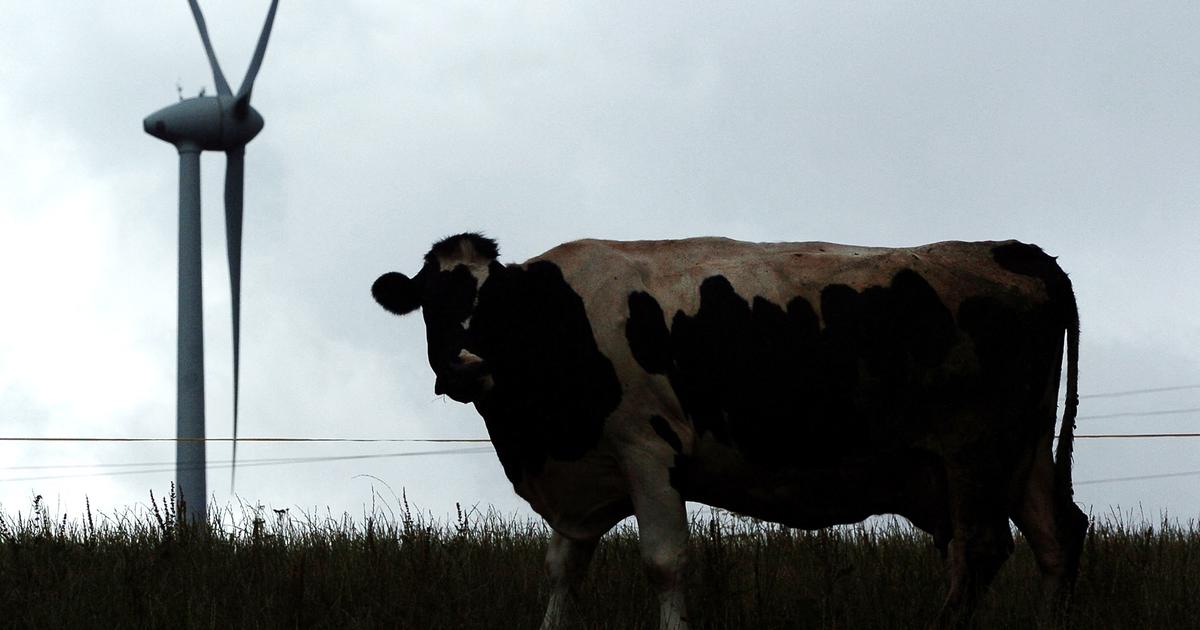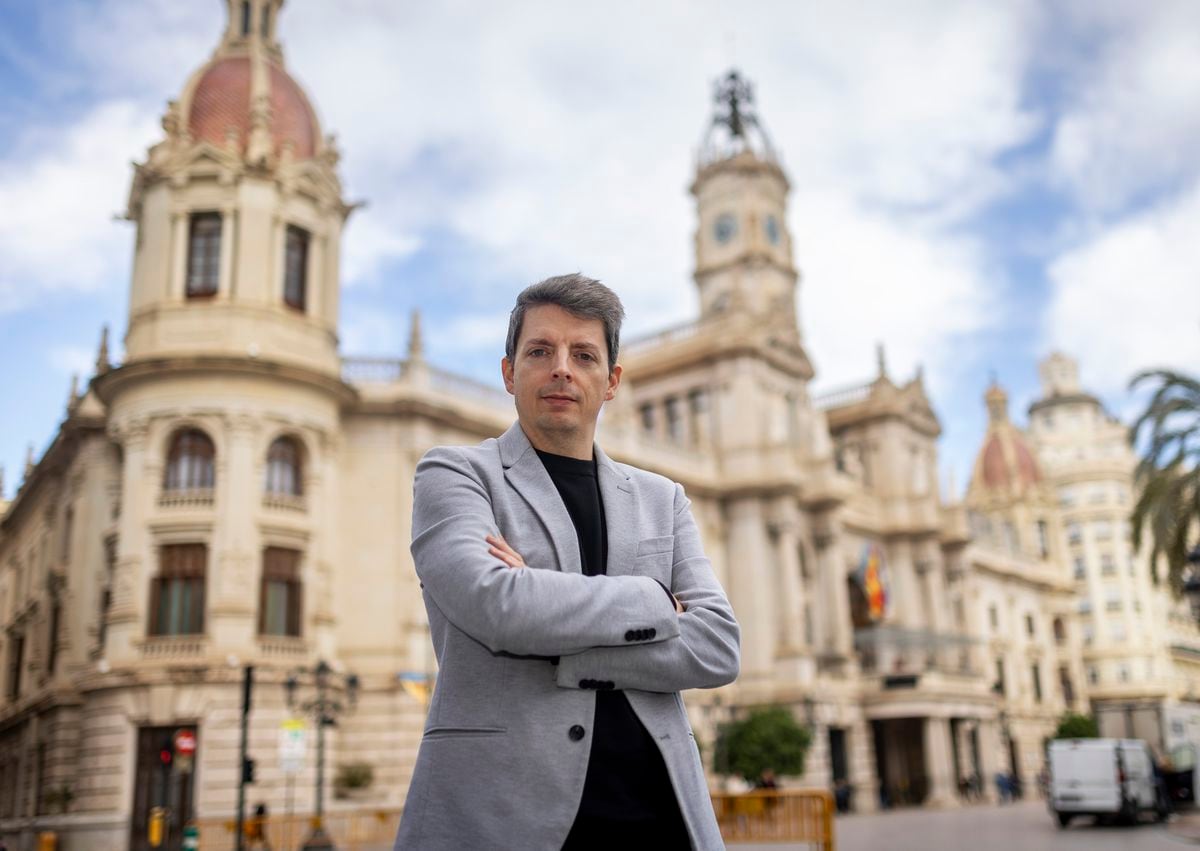How are companies coping with the energy crisis?
In an online conversation, several company representatives exchanged ideas - also from the Weilheim-Schongau district.
District – Corona pandemic, inflation, war in Europe and energy crisis.
The year 2022 was “a year of multiple crises”, as Dietmar Czaia from the Bavarian Business Association (vbw) put it in a nutshell at the online press conference last Tuesday.
The Munich-Upper Bavaria district group of the vbw had invited to the exchange.
Various company representatives from Southeast Bavaria and the Oberland reported on their experiences in view of the currently difficult situation in the energy sector - including three from the Weilheim-Schongau district.
Bauer group of companies is saving and wants to become self-sufficient
"Last summer, we were faced with the fact that our energy costs were no longer one million, but two million," said Barbara Christ, Managing Director of the Bauer group of companies based in Weilheim.
This was despite the fact that all but one of the company's buildings had already been energetically refurbished in the run-up to the energy crisis.
"We started doing this back in 2008," says Christ.
With relatively simple measures, the group of companies was then able to reduce electricity consumption by up to 20 percent last winter.
"The measure was: Every kilowatt hour counts, we save everywhere." A single-gas-powered combined heat and power plant was installed at short notice, which, according to Christ, generates 50 kW of electricity to secure the base load and 100 kW of heat that can be actively used.
“And so the whole thing is politically eligible.
The managing director spoke of a win-win situation for everyone involved.
The group of companies also planned “very large” investments in PV systems.
“We continue to make ourselves self-sufficient,” says Christ.
(By the way: everything from the region is now also available in our regular Schongau newsletter.)
Roche is prepared for the impending gas shortage
Jürgen Klemmer, Head of Service Supply and Disposal at Roche in Penzberg, explained that the pharmaceutical company is well prepared for an impending gas shortage.
"Natural gas can be replaced by heating oil in an emergency, an emergency power supply is available and will be further expanded." A crisis management team has been set up to coordinate the measures.
According to Klemmer, the group has been actively promoting the energy transition for years.
As an example, he cites the use of highly efficient energy generation systems, combined heat and power generation and heat recovery systems, as well as the purchase of green electricity.
The company's goal is to "move away from fossil fuels, natural gas and oil and towards green electricity".
Roche also aims to reduce greenhouse gas emissions to zero by 2050.
"And that without resorting to the purchase of CO2 certificates."
UPM is “naturally part of the energy-intensive industry”
Winfried Schaur, Member of the UPM Group Management Board, also attended the press conference.
“In total, we have an electricity requirement of 2.3 terawatt hours per year.
So of course we are part of the energy-intensive industry,” he said.
The paper producer has its own power plants, including gas power plants, solid fuel power plants and biogas plants.
"A relatively broad portfolio," says Schaur.
We have been working on “going greener” for years, but also on being broadly based.
Schaur repeatedly emphasized that UPM needs competitive energy costs.
UPM's plants are stationary and cannot simply be moved.
"Either you can do it locally or you have to think about closing it down if it's no longer competitive." The structural disadvantages of producing in Germany would only get bigger.
"Because we simply don't have enough base load." UPM sees this especially in comparison to its other locations worldwide.
In Bavaria, UPM operates four locations: in addition to Schongau, Augsburg, Ettringen and Plattling.
Hydrogen does not play a role yet
Schaur advocated a transformation electricity price for the coming years.
Similar models already exist in France.
"This is particularly important for energy-intensive industry, which has a requirement of around 70 terawatt hours."
In the question and answer session that followed the contributions, Schaur and Klemmer (Roche) commented on the question of whether companies are already relying on hydrogen as a future energy supplier.
"You just have to be realistic," said Schaur.
The UPM board does not see that hydrogen will be available in larger quantities and at competitive prices in the next few years.
Klemmer is of a similar opinion.
That is currently not the case.
"Hydrogen may play a role in five to ten years."
You can find more current news from the region around Schongau at Merkur.de/Schongau.










/cloudfront-eu-central-1.images.arcpublishing.com/prisa/2C5HI6YHNFHDLJSBNWHOIAS2AE.jpeg)




